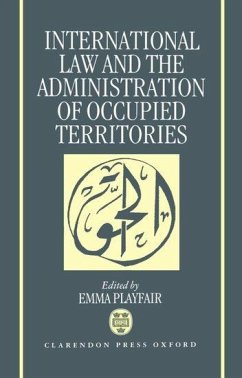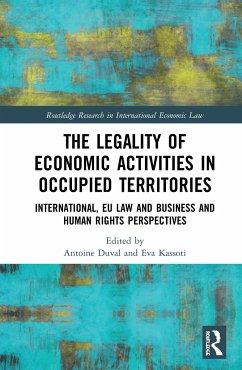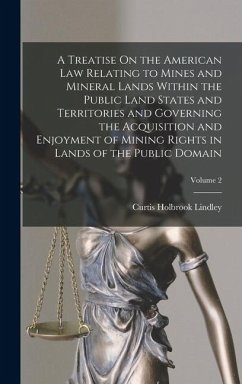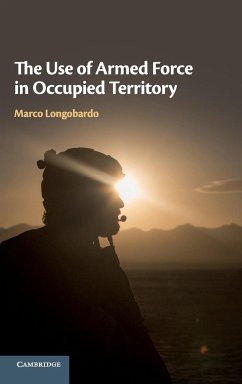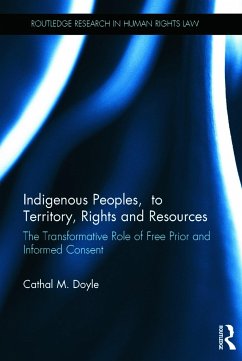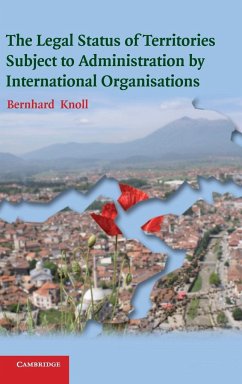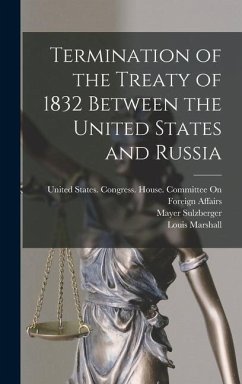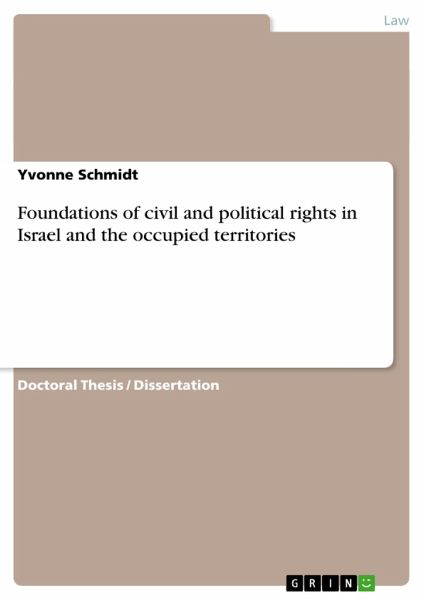
Foundations of civil and political rights in Israel and the occupied territories

PAYBACK Punkte
0 °P sammeln!
Doctoral Thesis / Dissertation from the year 2001 in the subject Law - Comparative Legal Systems, Comparative Law, grade: Sehr Gut, University of Vienna, language: English, abstract: This work intends to show how civil and political rights in Israel and the Occupied Territories are regulated, which normative standards and spiritual sources nourish them, and how written and unwritten principles are applied and interpreted by the Supreme Court of Israel in pursuance of its self-imposed duty to safeguard the individual's rights and freedoms.The legal system of Israel reflects unresolved conflicts...
Doctoral Thesis / Dissertation from the year 2001 in the subject Law - Comparative Legal Systems, Comparative Law, grade: Sehr Gut, University of Vienna, language: English, abstract: This work intends to show how civil and political rights in Israel and the Occupied Territories are regulated, which normative standards and spiritual sources nourish them, and how written and unwritten principles are applied and interpreted by the Supreme Court of Israel in pursuance of its self-imposed duty to safeguard the individual's rights and freedoms.The legal system of Israel reflects unresolved conflicts, ambiguities of the state and difficulties connected with the process of nation-building as well as dilemmas concerning the ethnic and cultural identity of the population. From 1517 until 1917 Palestine was ruled by the Turks as part of the Ottoman Empire.In 1917 British troops conquered the territory and in 1922 the League of Nations granted to Great Britain the Mandate over Palestine. Following the establishment of the state of Israel in Palestine on 14 May 1948 a large number of British mandatory legislation was absorbed into Israel's legal system. This had and still has far-reaching, restrictive implications for the areas of administrative law and the field of human rights and freedoms.The British mandatory legislation includes security legislation - such as the Defence (Emergency) Regulations, 1945 - which empowers military commanders as well as the entirely executive branch of the government to impose severe restrictions on fundamental rights and freedoms.Despite the enactment of two basic laws on human rights in 1992 many areas, such as personal freedom, freedom of speech and the right of association and assembly are still regulated mainly by British colonial legislation that was never revoked after the establishment of the state of Israel.Since 1948 a permanent state of emergency is in force in Israel. This entitles the government to apply the inherited British mandatory security legislation as well as the own, by the Israeli parliament enacted emergency regulations. Israel's legal system has been built upon the duality of secular and religious law - a concept that was inherited from the Ottoman Millet tradition, first by the British mandatory government and then by the state of Israel.This study also includes important laws and Supreme Court judgments concerning civil and political rights that relate directly or indirectly to the territories occupied by Israel in the course of the war in June 1967.




